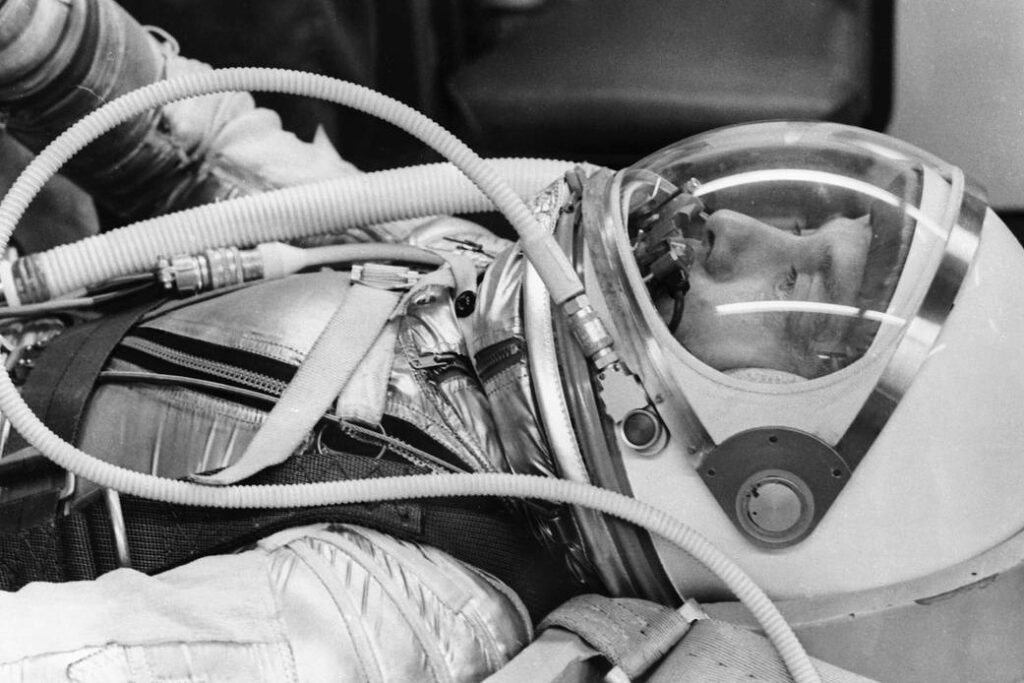George Bernard Shaw? Mark Twain? Abraham Lincoln? Cyrus Stuart Ching? J. Frank Condon? Richard P. Calhoon? N. H. Eagle? Cale Yarborough? Anonymous?
Question for Quote Investigator: A popular metaphorical adage warns individuals not to engage with disreputable critics. Here are two versions:
- Don’t wrestle with pigs. You both get filthy and the pig likes it.
- Never wrestle with a pig. You just get dirty and the pig enjoys it.
This saying has been credited to a triumvirate of quotation superstars: Mark Twain, Abraham Lincoln, and George Bernard Shaw. I doubt these ascriptions because I haven’t seen any solid citations. Would you please investigate?
Reply from Quote Investigator: QI has located no substantive evidence that Twain, Lincoln, or Shaw crafted this saying. Each was given credit only many years after death.
The adage evolved in a multistep multi-decade process. An interesting precursor was in circulation by 1776. QI has a separate article about that saying: Don’t wrestle with a chimney sweep or you will get covered with grime.
In 1872 a partial match using “hog” instead of “pig” appeared within a letter by J. Frank Condon published in an Ebensburg, Pennsylvania newspaper. Condon was responding to a previous verbal fusillade. Emphasis added to excerpts by QI:1
It has been remarked by a wise man that he who wrestles with a hog must expect to be spattered with filth, whether he is vanquished or not. This maxim I have long known and appreciated; nevertheless, there are occasions when it must be disregarded. A man may be attacked in such a way that he is compelled to flagellate his hogship, even at the risk of being contaminated by the unclean beast.
The label “maxim” and the phrase “long known” signaled that the saying was not constructed for the letter; instead, it was already in circulation. This simpler adage differed from the modern version because it did not mention the contentment of the swine.
The earliest strong match for the modern saying located by QI appeared in the January 3, 1948 issue of “The Saturday Evening Post” within a profile of Cyrus Stuart Ching who was the head of the U.S. Federal Mediation and Conciliation Service. The ellipsis is in the original text:2
A man in the audience began heckling him with a long series of nasty and irrelevant questions. For a while Ching answered patiently. Finally he held up his big paw and waggled it gently.
“My friend,” he said, “I’m not going to answer any more of your questions. I hope you won’t take this personally, but I am reminded of something my old uncle told me, long ago, back on the farm. He said. ‘What’s the sense of wrestling with a pig? You both get all over muddy . . . and the pig likes it.'”
Ching did not claim coinage; instead, he credited an unnamed uncle who may have been relaying a pre-existing item of folk wisdom. Oddly, another later citation shows Ching crediting his grandfather. Whatever the source, Ching did help to popularize the expression.
Below are additional selected citations in chronological order.
Continue reading “Quote Origin: Never Wrestle with a Pig. You Both Get Dirty and the Pig Likes It”

